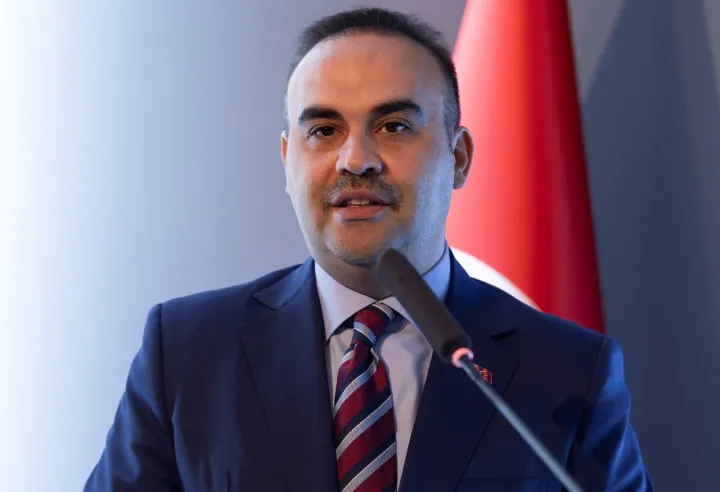At least 29 people have died and tens of thousands displaced in Burundi since the start of the rainy season in September last year, the United Nations said.
Burundi, which the UN says is one of the 20 countries most vulnerable to climate change, has been pelted by almost nonstop rains for months, exacerbated by the El Nino weather pattern.
East Africa has been experiencing torrential downpours in recent weeks that have devastated parts of the region, particularly Kenya and Tanzania, and cost several hundred lives.
Burundi's main city of Bujumbura, on the northeastern shore of Lake Tanganyika, has seen several neighbourhoods flooded and roads and bridges destroyed.
Financial aid appeal
"The El Nino phenomenon has caused torrential rains, flooding and landslides," the UN's humanitarian response agency OCHA said in an update dated Wednesday.
As of April 26, more than 237,000 people have been affected, with 42,000 displaced, more than half of them women, it said, adding that 29 people had died and 175 injured.
OCHA also warned that the levels of Lake Tanganyika, the second largest in Africa, were continuing to rise.
In April, the government of Burundi and the United Nations launched an appeal for financial aid to cope with the "devastating effects" of the relentless rains.
State of emergency calls mount
President Evariste Ndayishimiye's government has come under fire over the situation, particularly from civil society groups and the opposition, which have called for the authorities to declare a state of emergency or natural disaster.
El Nino is a naturally occurring climate phenomenon typically associated with increased heat worldwide, leading to drought in some parts of the world and heavy rains elsewhere.
➤ Click here to follow our WhatsApp channel for more stories.
























